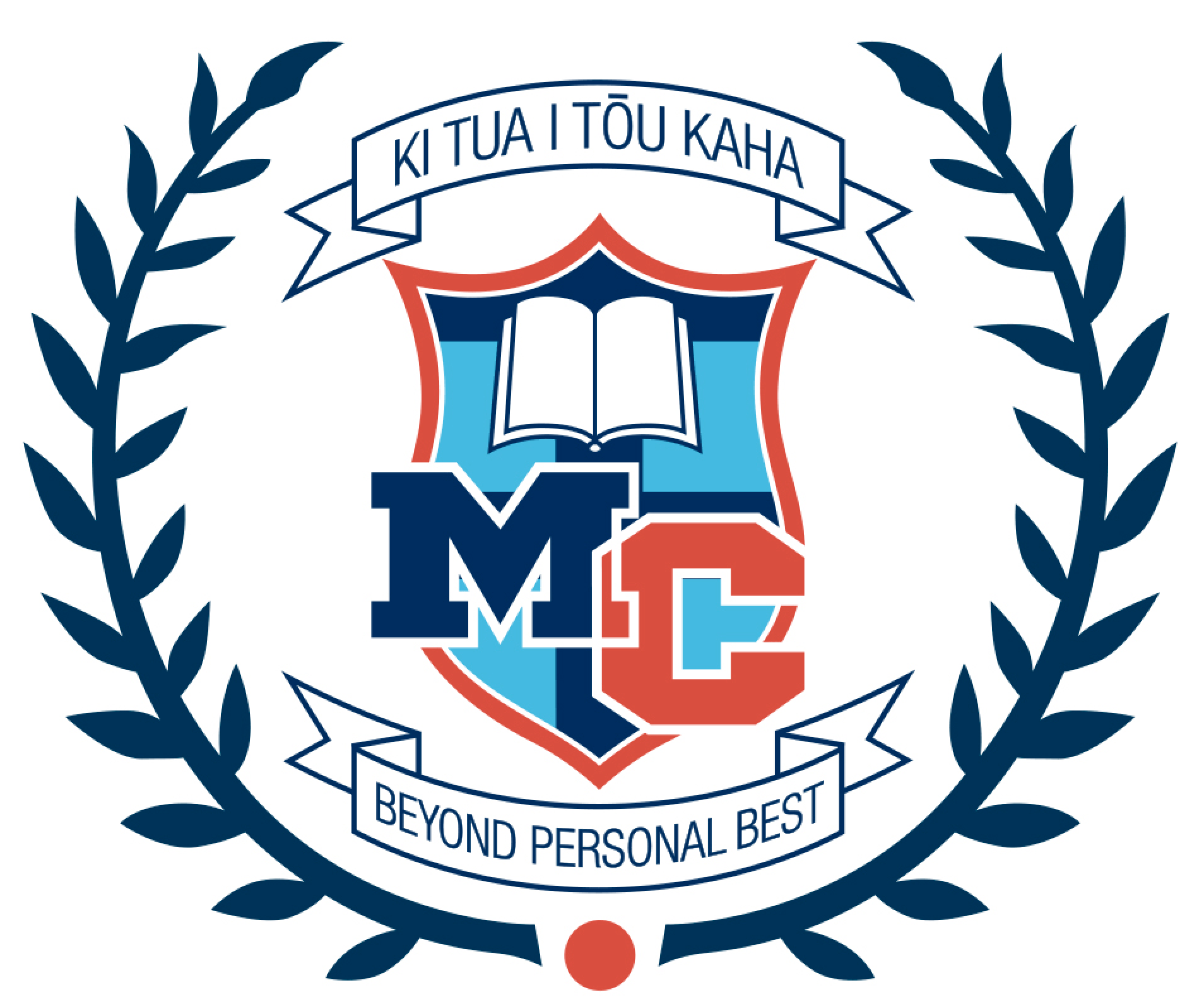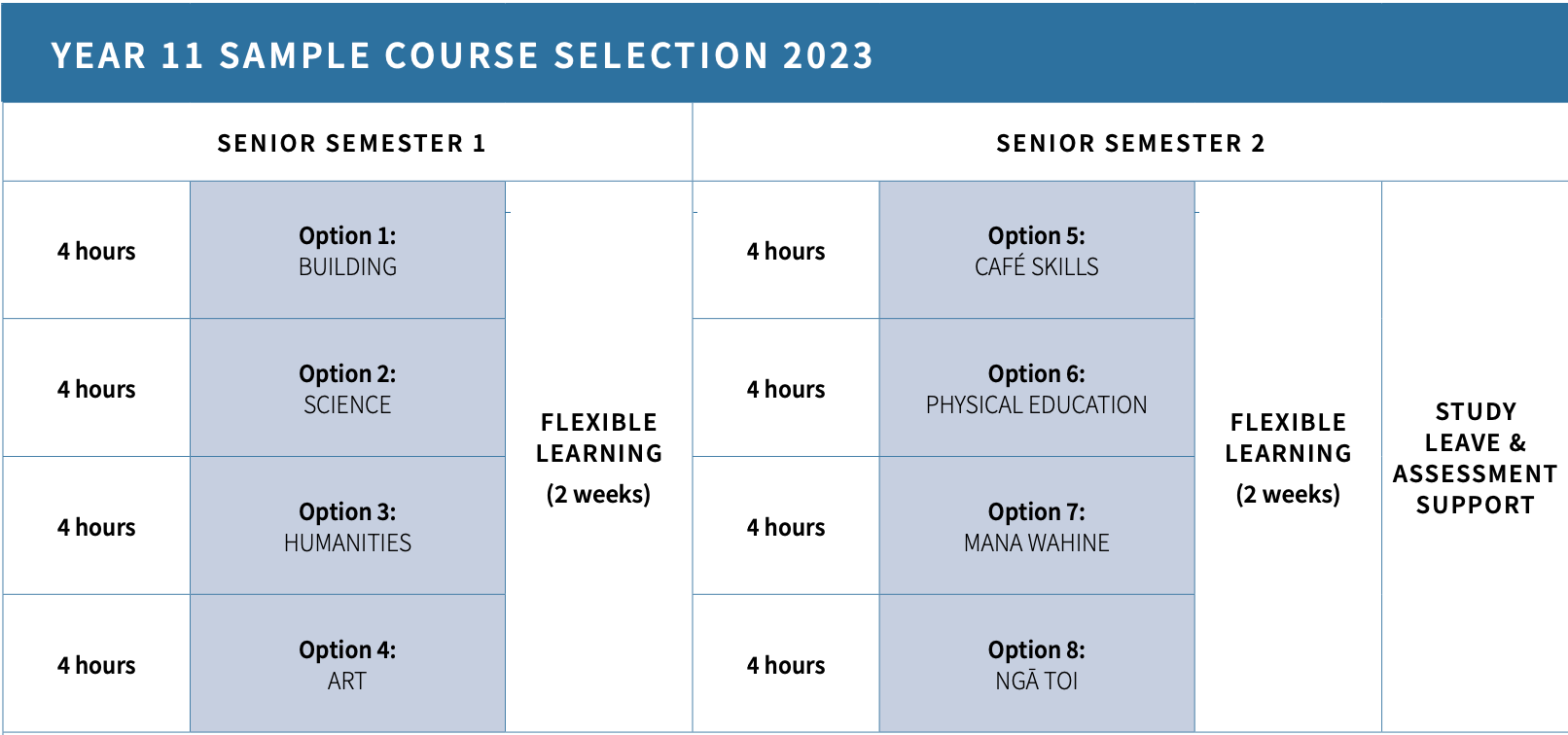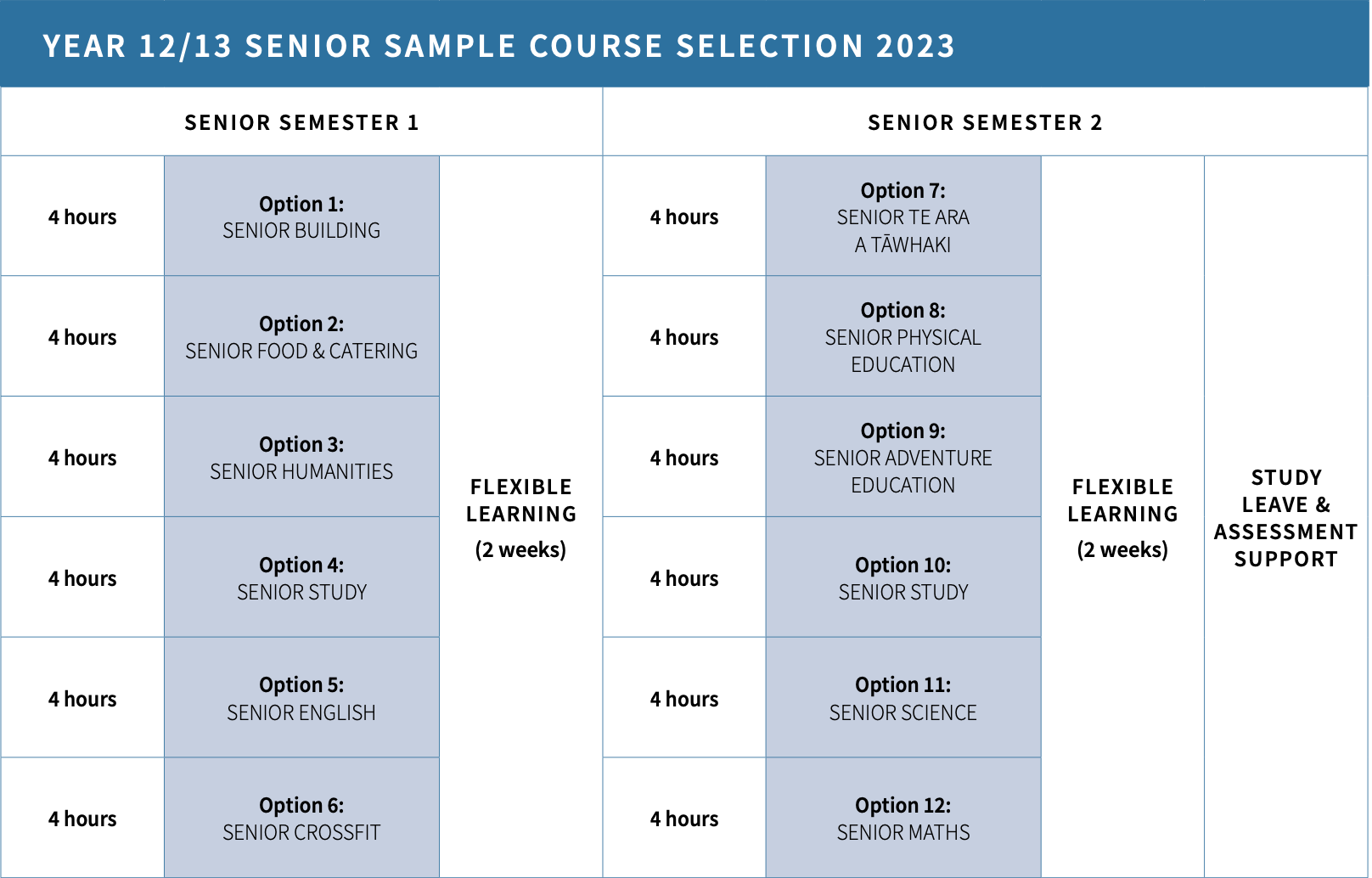
MANAWATŪ
COLLEGE
Learning in the Senior School
It is our intention to improve the educational outcomes for all of our students at Manawatū College through the effective and engaging delivery of the New Zealand Curriculum. It is our desire to create an open, flexible, student-centred environment in which teachers and students are able to collaborate on a shared learning journey.
Teachers at Manawatū College are, at all times, committed to maintaining the highest standards of professional practice to ensure that the academic, emotional, physical, spiritual and cultural needs of their students are met. We also acknowledge the rights of students, as learners, ensuring these are upheld in all aspects of our teaching and learning programmes. Through the teaching as inquiry model, data and evidence will be gathered to formulate the basis of an inquiry which requires teachers to consider the impact that their pedagogy is having on the achievement of the students they teach.
Courses and Qualifications
Students are able to choose courses that are drawn from each of the learning domains within the New Zealand curriculum. Students are provided with the opportunity to access learning that is personalised to their strengths, interests and aspirations for future pathways beyond Manawatū College. Each course offers learning experiences and credits that contribute to an NCEA qualification, at Levels 1, 2, 3, including University Entrance.
Semester timeline
All courses in the senior school are semesterised, and these run for a total of 15 weeks, with an endpoint in Week 5 of Term 2 for Semester 1, and again in Week 2 of Term 4 for Semester 2. The purpose of semester courses is to give students the flexibility to complete a programme of learning that is based on their individual learning needs. Having the year broken into two semesters means that by default, students will have completed at least half of their study towards their qualification by the middle of Term 2, which allows for better monitoring of student achievement and progress, which enables early intervention should additional support be required.
Semester timeline
All courses in the senior school are semesterised, and these run for a total of 15 weeks, with an endpoint in Week 5 of Term 2 for Semester 1, and again in Week 2 of Term 4 for Semester 2. The purpose of semester courses is to give students the flexibility to complete a programme of learning that is based on their individual learning needs. Having the year broken into two semesters means that students will have completed at least half of their study towards their qualification by the middle of Term 2. This time frame allows for better monitoring of student achievement and progress, which enables early intervention should additional support be required.
Flexible learning time
In 2023 we will be introducing ‘flexible learning’ time for our senior students, which falls at the end of each semester. The intention of this new initiative is to allow time for those students who need additional time to complete any unfinished course work before Semester Two begins. However, for those who do not require this support, there will be a timetable of various activities on offer that are pitched as ‘end of semester’ incentives. For example going on school trips, overnight camps or engaging in short term passion projects that are not necessarily credit driven. Semester two follows the same pattern, and after two weeks of flexible learning time the sign out process for seniors begins at the end of Week 4, Term 4. There are certain eligibility criteria that need to be met in order to go on study leave; this is to ensure that students have completed all coursework to the best of their ability, and that they have achieved their goals for the year. For those who are not completing exams, additional learning opportunities will be available to help support students with preparing for study in the following year.
Learning Areas and Senior Course Domains - 2022
| Social Science | Vocational Pathways | Technology | Māori Studies |
|---|---|---|---|
| Humanities | Agriculture | Building | Māori Performing Arts |
| Media Studies | Gateway | Food and Catering | Te reo Māori |
| Business Studies | Early Childcare Education | Cafe Skills | Te Mana Taiohi |
| Civics | PITA | Digital Technology | Ngā Toi |
| Social Studies | UCOL | Engineering | Whakairo |
| Tourism and Travel | Auto Engineering |
| Arts | English & Languages | Mathematics | Physical Education & Health | Science |
|---|---|---|---|---|
| Music | English | Functional Numeracy | PE and Health | Chemistry |
| Visual Arts | Functional Literacy | Mathematics | Adventure Education | Biology |
| Dance | Study | Statistics | Mana Wahine | Physics |
| Drama | Calculus | Mana Tane | Science |
© Manawatū College 2023


